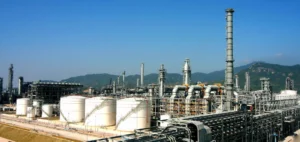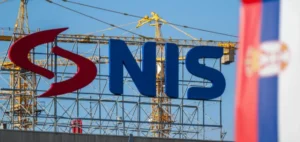Oil prices have risen significantly, supported by a series of geopolitical and economic factors. At the start of this week, rising tensions in the Middle East, notably between Israel and Hezbollah, are contributing to this dynamic. In addition, the prospects of more robust energy demand from China play a key role in this development.
Tensions in the Middle East
Recent escalations between Israel and Hezbollah have rekindled fears of disruption to oil supplies. Israel stepped up its strikes on the Gaza Strip in response to rocket attacks, raising concerns that the conflict could spread to the wider region of Lebanon. This tense geopolitical situation has a direct impact on oil prices, with markets anticipating potential disruptions.
Manufacturing activity in China, the world’s leading oil importer, recorded its strongest growth in three years in June. An independent manufacturing PMI revealed this impressive performance, suggesting a vigorous economic recovery from the disruption caused by the COVID-19 pandemic. This growth reinforces expectations of increased demand for oil, exerting upward pressure on prices.
Effects of natural disasters
Hurricane Beryl, classified as Category 4, is also threatening to worsen the situation. Although forecasters believe it will spare major oil and gas operations in the Gulf of Mexico, the prospect of an active hurricane season reminds markets of the vulnerability of energy infrastructures to natural disasters.
In addition, the euro rebounded significantly against the US dollar following the first round of legislative elections in France. The results suggest a decrease in the chances of the Rassemblement National winning an absolute majority, which is perceived as a relatively less risky scenario by the financial markets. This rise in the euro led to a fall in the dollar, which mechanically supported dollar-denominated oil prices.
Market reactions
Analysts at PVM Energy point out that the dollar’s weakness favors oil purchases, since transactions are mainly made in US currency. This dynamic is a further factor in the recent rise in Brent and West Texas Intermediate (WTI) prices.
In conclusion, the combination of geopolitical tensions, a favorable economic outlook in China and climatic factors is helping to keep upward pressure on oil prices. Markets react to these various influences by adjusting demand forecasts and anticipating possible supply disruptions.
The current situation offers a clear illustration of the multiple factors that can influence oil markets, underlining the complexity and interconnectedness of global geopolitical and economic events. Vigilance remains the order of the day for industry players, in the face of an ever-changing environment.





















